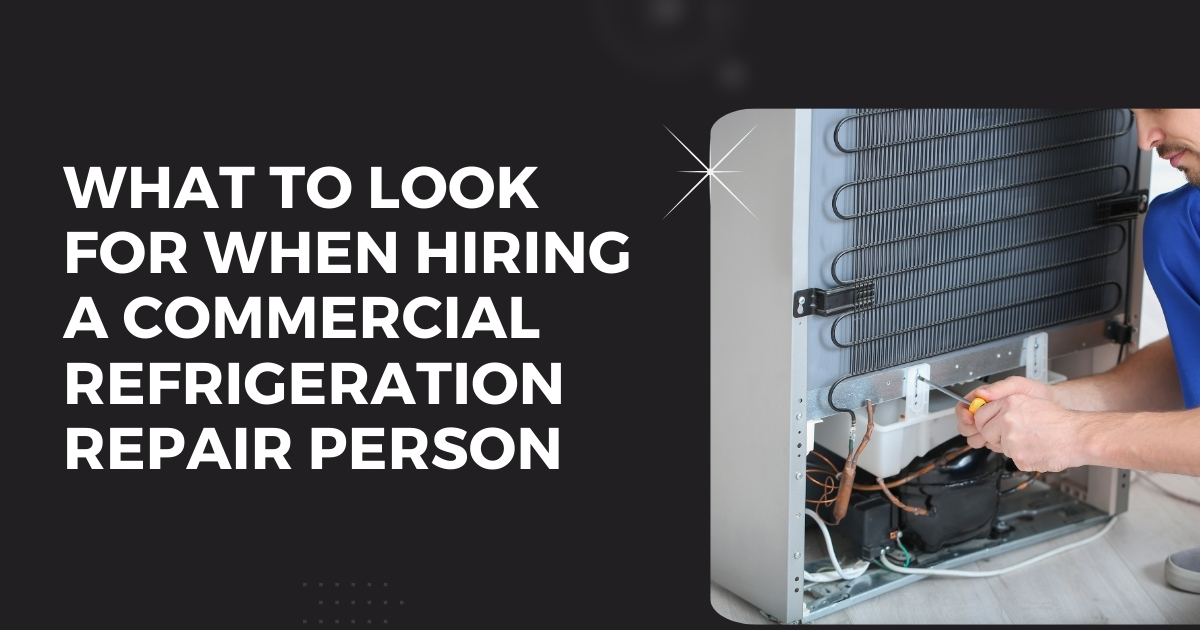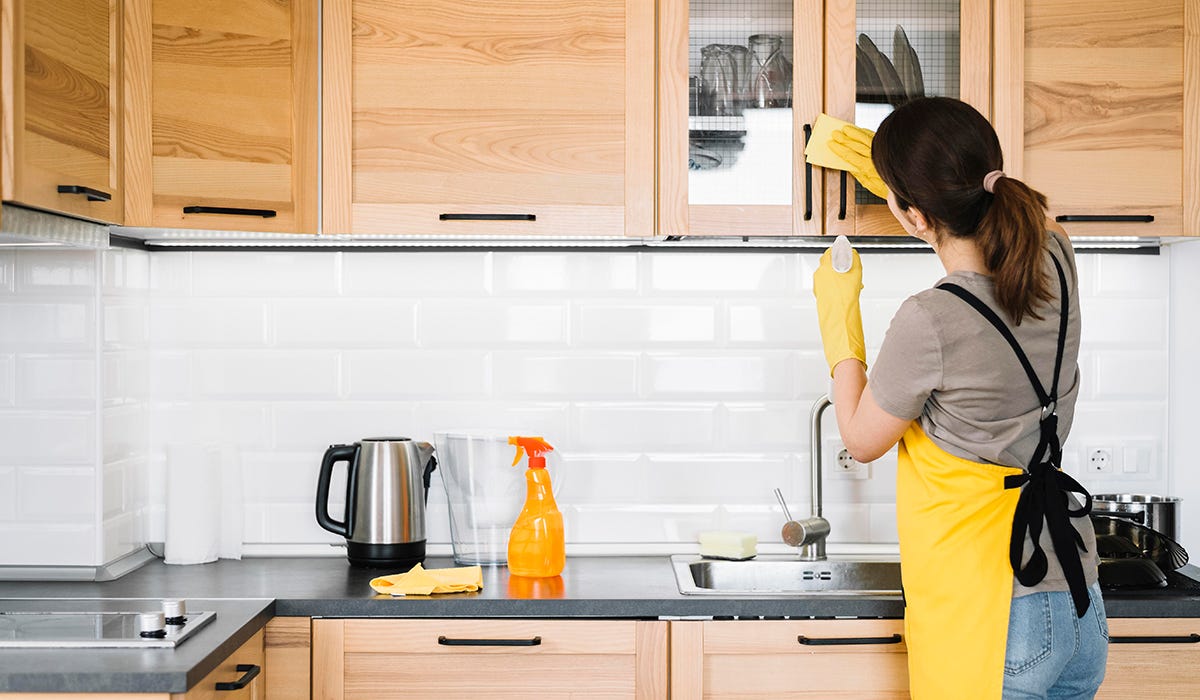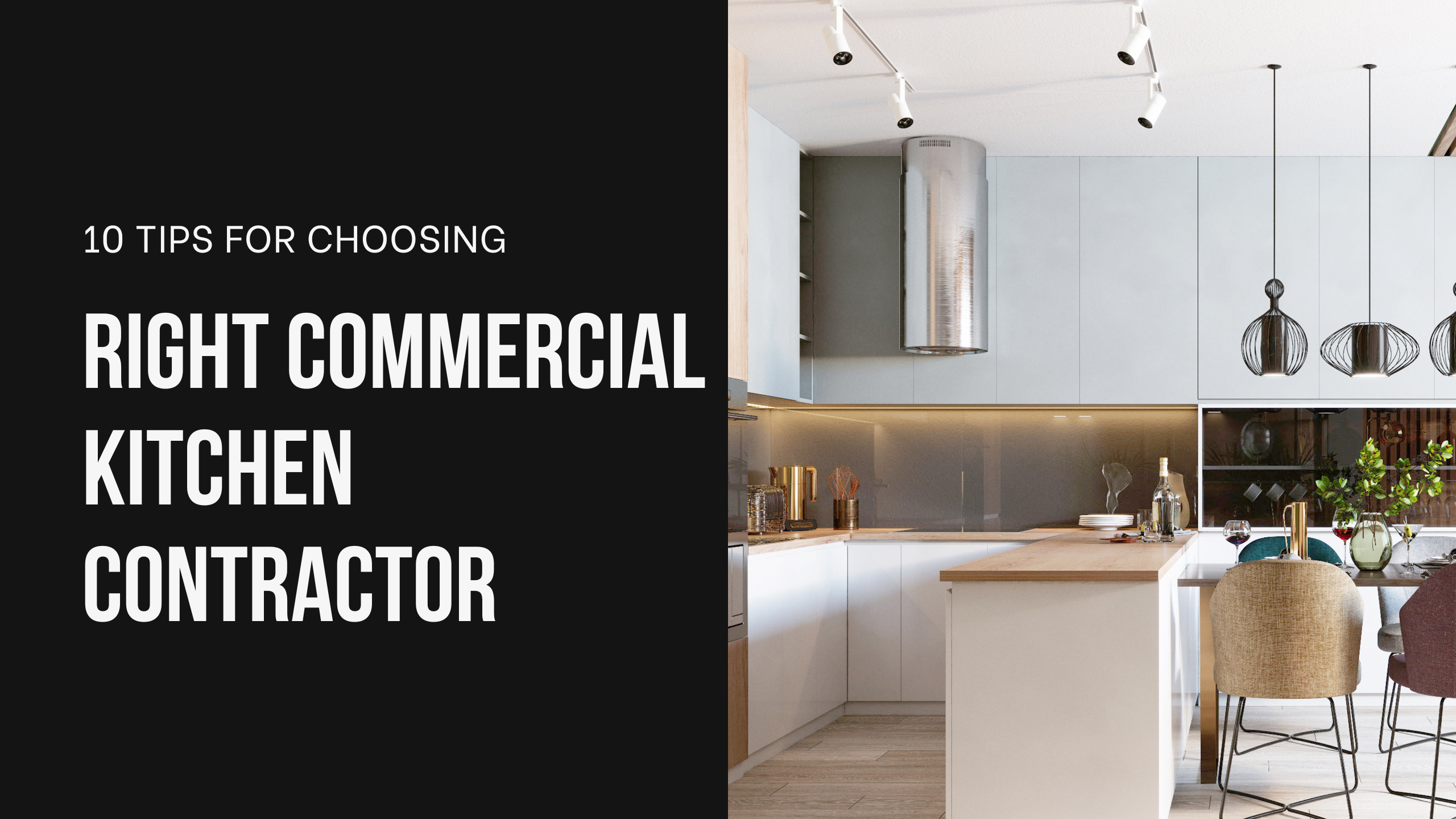Refrigerators are present in almost every household, which has become necessary. They are a great helping hand and prevent many problems by allowing us to buy quantities in bulk and store them for later use.
Gone are those days when having a refrigerator was considered a luxury. Today, it has become a necessity. It is a crucial appliance in the commercial establishment.
Therefore, maintenance on time and refrigeration repairs by a reputed and professional firm that provides refrigeration services is essential. Choosing the wrong technician can often damage the parts of your appliance, leading to a complete breakdown of your refrigerator. So, it is vital to choose the perfect commercial refrigeration services.
In this blog, we shall look at what points you should take note of while hiring a commercial refrigeration repair person. So, let’s get started.
- Check Their Overall Reputation: The repair person who has arrived at your doorstep doesn’t need to know everything about providing the best service for repairing the refrigeration system. Therefore, before you choose a firm that provides the best commercial refrigeration services, check that the firm’s reputation is appropriate. You can do thorough research online about that particular firm. You can check their reviews and opt for the best service firm with the best ratings and reviews based on their services.You will be putting a lot of trust into the technician you choose, and you should ensure that the trust won’t be misplaced.
- Opt-for Someone Who Has Hands-on Experience: Repairing appliances is not easy. Even if someone with ample training might fumble once or twice while repairing the appliance, you should opt for someone with ample experience at his disposal. You will want someone who has previously repaired all kinds of fridges.
- Choose Someone Who Has Fair Charges: Often, people make the mistake of choosing a repair person with the cheapest rate in their area. It is vital to remember that you often get what you pay. If someone’s rate is lower, you can guess there is a reason for it. That said, you should still be able to find professionals who keep their rates reasonable.
- Find Someone Who Can Help You Out When You Need It: A broken fridge can cost you much money. If you do not have another way to keep your food cool, many items you store in your refrigerator may spoil. Find a professional who can suggest you do the right thing. If a professional cannot help you within a week, you will probably talk to another technician. You will want to have your refrigerator fixed as soon as possible.
- Get An Idea About The Basic Cost Of Appliance Repairs: Compare prices and find out the average repair cost of the service you need. There are no set standards for appliance repair prices, meaning any firm can charge you as much as possible. By comparing prices, you more or less have a basic idea if you’re being overcharged. Hiring another qualified professional can also help you reduce the service cost. You can inquire about how your total bill is being calculated. It generally includes the cost of labour, parts and typical service fees.
So, here are the basic steps to follow while hiring a commercial refrigeration repair person. If you do not follow these steps and go overboard, then you might end up choosing the wrong commercial kitchen refrigeration repair firm. This, in turn, will lead to an expensive outcome: buying a new refrigerator.
Conclusion
Ensure you have chosen the perfect commercial refrigeration services to confirm your refrigerator works correctly and smoothly, offering maximum customer satisfaction. So, find the best refrigeration commercial repair technician to meet your requirements on time.

 0800 644 2727
0800 644 2727








